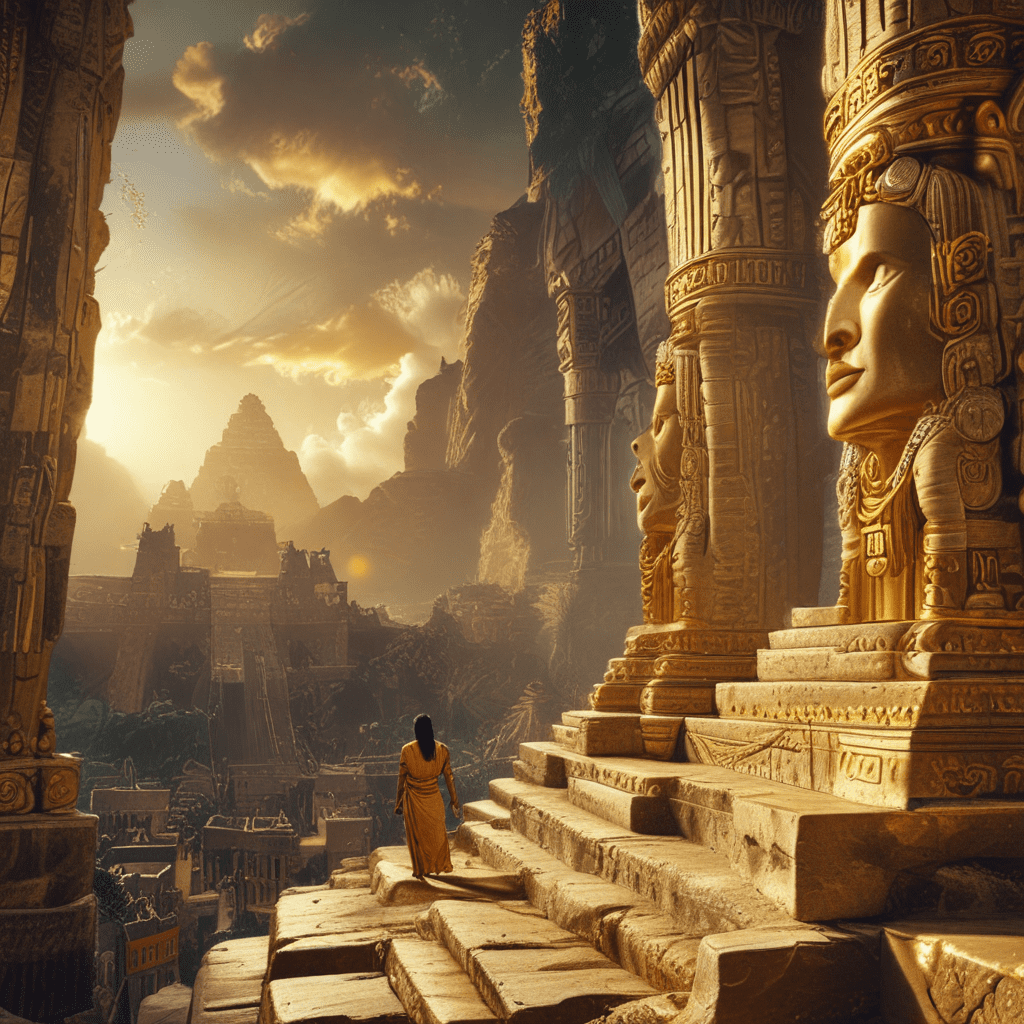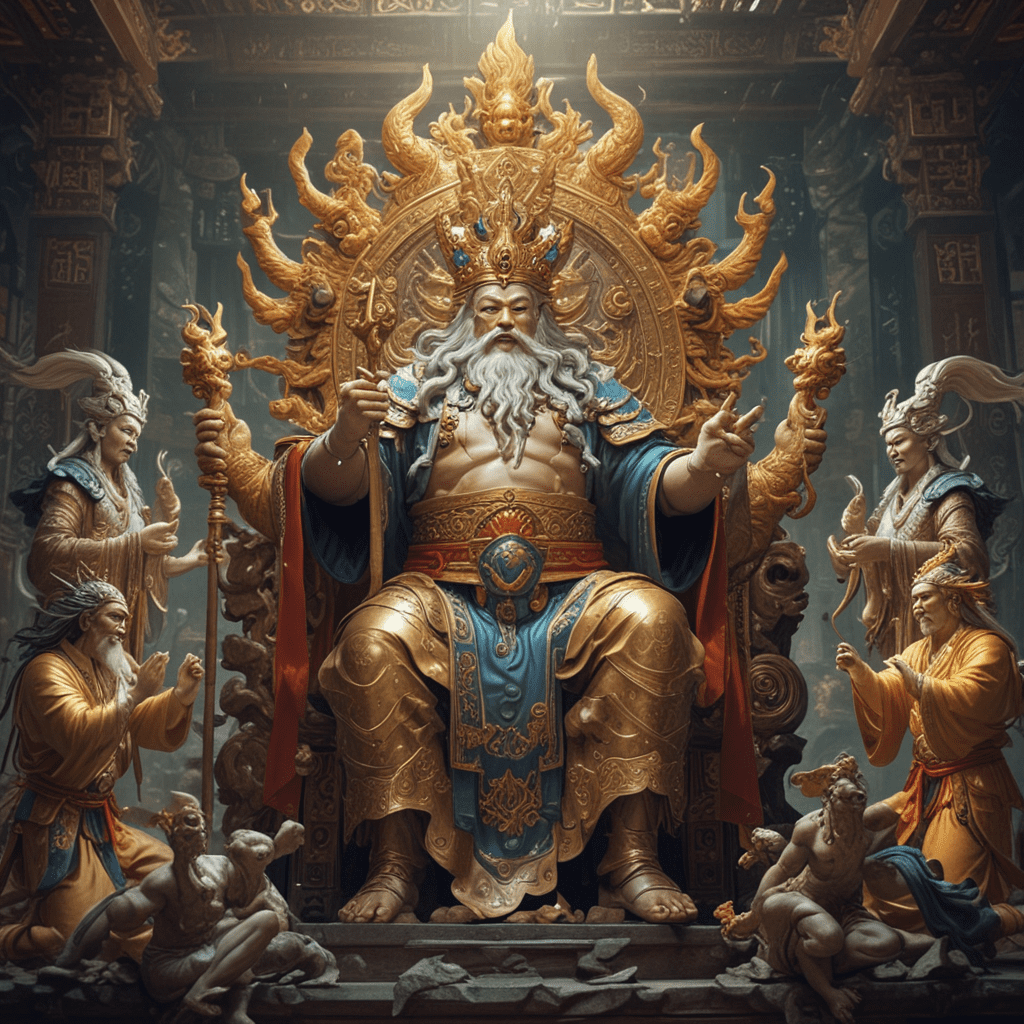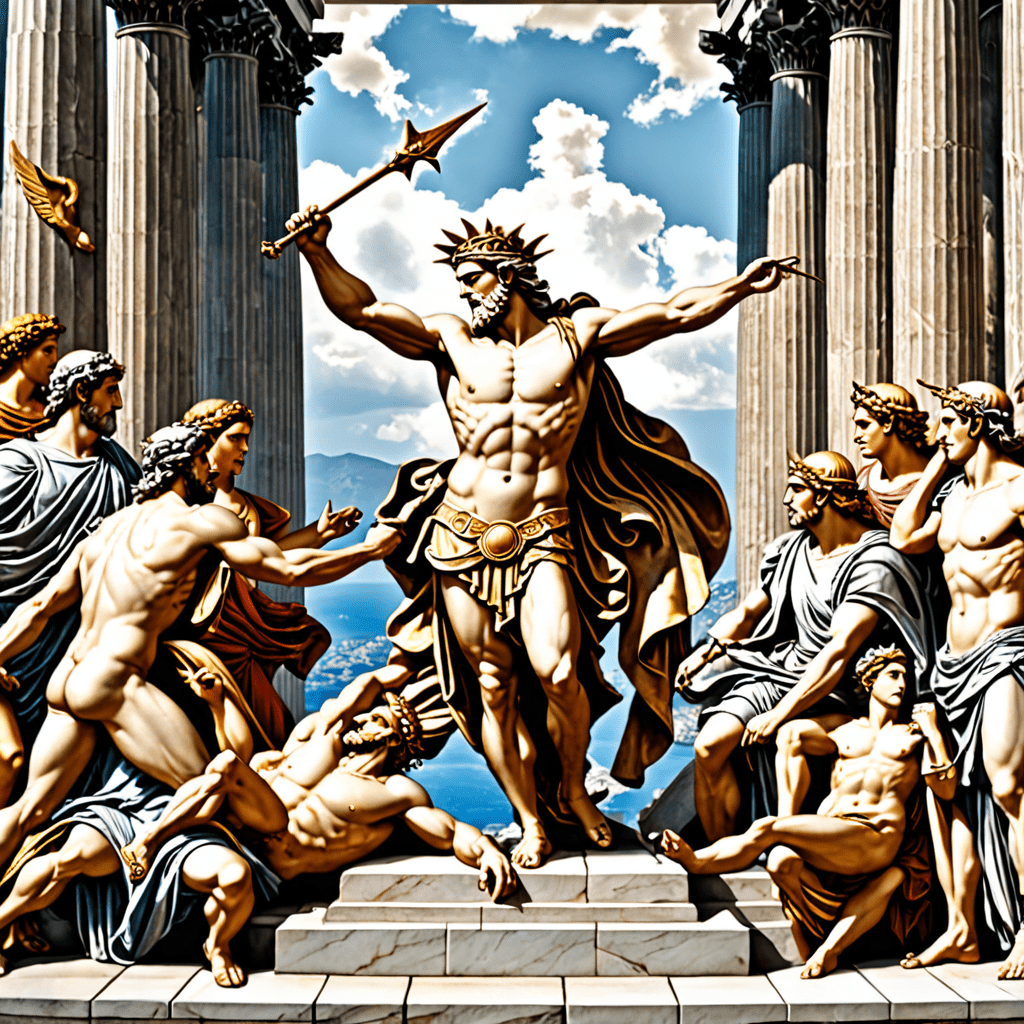The Legend of El Dorado: Origins and Evolution
The myth of El Dorado, the legendary “City of Gold,” has captivated the imaginations of explorers, adventurers, and treasure hunters for centuries. This captivating story, deeply rooted in Incan culture, is more than just a tale of lost riches. It speaks to the enduring power of myth and its ability to shape our understanding of history, culture, and human ambition.
The legend of El Dorado, in its earliest form, originated among the Muisca people, an indigenous group from the Colombian Andes, long before the arrival of the Spanish conquistadors. This captivating tale revolves around a ritualistic ceremony involving a tribal leader, often referred to as the "Golden Man" or "El Dorado." The ritual took place at Lake Guatavita, where the leader would cover himself in gold dust and then dive into the lake, offering the gold as a tribute to the gods. This ceremony was believed to signify the leader's connection to the divine and their role as protector of their people.
As the Spanish conquistadors spread through South America in the 16th century, they encountered various indigenous peoples and their myths. These encounters, combined with their insatiable hunger for gold, helped transform the Muisca ritual into the grander tale of El Dorado as a fabled city overflowing with gold. The Spanish, fueled by stories from the locals and their own insatiable desire for wealth, began to envision El Dorado as a magnificent city, lost in the depths of the Amazon rainforest.
The exact location of this mythical city varied depending on the source. Some accounts placed it in the heart of the Amazon, while others described it as a hidden oasis in the Andes mountains. The legend of El Dorado, fueled by imagination and fueled by rumors, continued to evolve as it was passed down through generations, becoming a powerful symbol of wealth, power, and mystery.
El Dorado: A City of Gold and its Origins
While the origins of El Dorado are often attributed to the Muisca people, its evolution into a mythical city of gold is largely a product of European imagination fueled by their insatiable desire for riches. The Spanish, driven by greed and the allure of untold wealth, embellished the original ritualistic tradition, transforming it into a grander narrative.
The original Muisca ritual, as described by historical accounts, involved a symbolic offering of gold to the gods. The leader, adorned in gold dust, would dive into Lake Guatavita, signifying a connection to the divine and a commitment to their people's well-being. This act, while significant, was not a literal "city of gold" but a symbolic gesture of appeasement and reverence.
However, as the legend spread through the ranks of Spanish conquistadors and explorers, the narrative shifted. fueled by the desire for gold and the allure of the unknown, the story transformed into a tale of a magnificent city, hidden deep in the heart of the Amazon. This mythical city was said to be adorned in gold, its streets paved with precious metal, and its inhabitants living in unimaginable extravagance.
The evolution of El Dorado from a symbolic ritual to a mythical city reflects the power of imagination and the influence of cultural perspectives. The Spanish, blinded by their own ambitions, projected their desires onto the indigenous culture, transforming a simple ritual into a grand narrative of lost riches and unfathomable wealth.
From Myth to Reality: The Quest for El Dorado
The legend of El Dorado, fueled by the Spanish conquistadors' insatiable desire for gold, quickly spread across Europe, sparking a wave of exploration and expeditions. Driven by the promise of untold riches, countless adventurers and explorers ventured into the unexplored depths of South America, determined to uncover the truth behind this elusive city.
From the 16th to the 19th century, expeditions were launched across the Amazon rainforest, the Andes mountains, and even the Caribbean, all in pursuit of El Dorado. The quest for this mythical city became an obsession, consuming the minds of many, leading to countless hardships and even death.
The myth of El Dorado was so powerful that it even influenced the course of Spanish colonization in South America. The search for the lost city became intertwined with the expansion of the Spanish Empire, leading to the exploration and conquest of vast territories. The legend fueled the ambitions of explorers, shaping the map of South America and driving the colonization of the Americas.
The Search for El Dorado: Explorers and Conquistadors
The quest for El Dorado attracted a diverse cast of explorers and conquistadors, each driven by a unique blend of ambition, greed, and curiosity. Among the most prominent figures were:
- Francisco de Orellana: A Spanish explorer who led the first documented expedition down the Amazon River in 1542. He claimed to have encountered indigenous tribes who spoke of a city of gold, further fueling the legend of El Dorado.
- Sir Walter Raleigh: An English explorer and soldier who launched his own expedition to Guiana in South America in search of El Dorado in 1595. Though he failed to find the city, he returned to England with tales of a rich and powerful civilization, further solidifying the legend.
- Bartolomé de las Casas: A Spanish missionary and historian who was critical of the brutal treatment of indigenous peoples by the Spanish conquistadors. He famously argued that the myth of El Dorado was a fabrication, used by the Spanish to justify their exploitation of the Americas.
While many explorers were driven by greed, others were genuinely interested in the mysteries of the unknown. Their journeys, however arduous and often fraught with danger, contributed to the development of geographical knowledge, and provided valuable insights into the cultures and societies of the indigenous peoples of South America.
The Role of Native Accounts in the El Dorado Myth
While the Spanish conquistadors played a central role in spreading the legend of El Dorado, the myth itself was deeply intertwined with the oral traditions and beliefs of the indigenous peoples of South America. Indigenous accounts provide invaluable insights into the roots of the El Dorado myth, revealing its symbolic significance and its connection to their cultural practices and beliefs.
The Muisca people, from whom the legend is believed to have originated, viewed the gold used in their rituals as a representation of the sun, a powerful deity in their mythology. They believed that by offering gold to the gods, they could ensure their prosperity and well-being. The ritual of the Golden Man, while symbolic, was a significant expression of their reverence for the divine and their deep connection to their environment.
Other indigenous groups in South America also shared stories of a mythical city of gold, often linked to their own religious beliefs and rituals. These narratives, while distinct in their details, all reflected a shared sense of awe and reverence for the power of gold and its connection to the divine.
In understanding the role of native accounts, we gain a deeper appreciation for the cultural context within which the legend of El Dorado emerged. It wasn't merely a tale of gold, but a reflection of indigenous beliefs about power, wealth, and their relationship to the spiritual world.
Was El Dorado a Real Place? The Evidence
While the allure of a real city overflowing with gold has captivated imaginations for centuries, the evidence strongly suggests that El Dorado, as a physical city, was a myth. Numerous expeditions launched over centuries, fueled by the legend, failed to uncover any concrete proof of El Dorado's existence. The explorers encountered indigenous groups who shared tales of a mythical city, but these accounts were often inconsistent and differed greatly from one another.
The search for El Dorado often focused on the Amazon rainforest and the Andes mountains. While these regions are rich in natural resources and ancient civilizations, no archaeological evidence supporting the existence of a city of gold has ever been found.
The lack of physical evidence, coupled with the inconsistency of native accounts, leads many historians and archaeologists to conclude that El Dorado, as a literal city, was never a reality.
El Dorado: More Than a City of Gold
While El Dorado may not have been a literal city of gold, it remains a powerful symbol of human ambition and the enduring allure of wealth and power. The myth itself, and the endless quest to uncover its truth, reflects deeper human desires and anxieties:
- The pursuit of the unattainable: El Dorado embodies the human desire to achieve something beyond reach, something too good to believe.
- Greed and ambition: The myth reflects the human obsession with wealth and its power to influence our actions.
- The lure of the unknown: The search for El Dorado embodies the human fascination with unexplored territories and the mysteries they hold.
The myth of El Dorado has resonated across cultures and time periods because it taps into fundamental human desires and anxieties. Even though it may not have been a literal city, it continues to serve as a powerful symbol of human aspiration, ambition, and the enduring power of myth.
El Dorado as a Symbol of Power and Wealth
El Dorado, beyond being a mere city, became a potent symbol representing ultimate power and wealth. This symbol resonated deeply, reflecting society's enduring fascination with opulence and dominance. The very idea of a city overflowing with gold was an irresistible allure, embodying the ultimate achievement of power and prosperity.
The legend of El Dorado played a crucial role in shaping the European imagination of the Americas, influencing European exploration and colonization. The quest for the mythical city fueled ambitions, driving explorers to conquer vast territories and exploit the resources they discovered.
While the search for El Dorado may have been driven by greed, it also highlighted the human desire for power and control. The mythical city became a metaphor for the attainment of ultimate power, a symbol of dominion over resources and territories.
El Dorado as a Reflection of Incan Culture and Values
Though El Dorado originates from the Muisca culture, the myth’s enduring influence on the Incan civilization further underscores its symbolic significance. The Incan empire, renowned for its advanced civilization and complex social structure, embraced gold as a symbol of power and wealth. Gold played a significant role in Incan religious rituals, signifying the connection between the earthly realm and the divine.
The Incan concept of "Sapa Inca," the supreme ruler, embodied the ideals of power, wealth, and divine connection. This concept, combined with the allure of the "Golden Man" ritual, likely contributed to the myth’s transformation into the grander narrative of El Dorado. The Incan fascination with gold and its association with power and divinity helped solidify the myth of El Dorado as a symbol of ultimate wealth and power.
FAQ:
1. Was El Dorado a real city?
While the legend of El Dorado is deeply rooted in Incan culture, evidence suggests that it was not a literal city. Numerous expeditions failed to uncover any concrete proof of its existence.
2. What is the origin of the El Dorado myth?
The myth originated from the Muisca people of Colombia, who practiced a ritual involving a tribal leader covering himself in gold dust and diving into a lake as an offering to the gods.
3. What role did the Spanish conquistadors play in the El Dorado myth?
The Spanish, driven by their insatiable desire for gold, embellished the original ritual, transforming it into a grand narrative of a mythical city overflowing with riches. Their search for El Dorado further fueled the legend and influenced European exploration of South America.
4. Why is the myth of El Dorado so enduring?
The myth of El Dorado taps into fundamental human desires and anxieties, including the pursuit of the unattainable, the desire for wealth and power, and the fascination with the unknown.
5. What is the significance of El Dorado as a symbol?
El Dorado represents the ultimate expression of wealth, power, and ambition. It serves as a potent symbol of human desires and the enduring allure of the unattainable.



